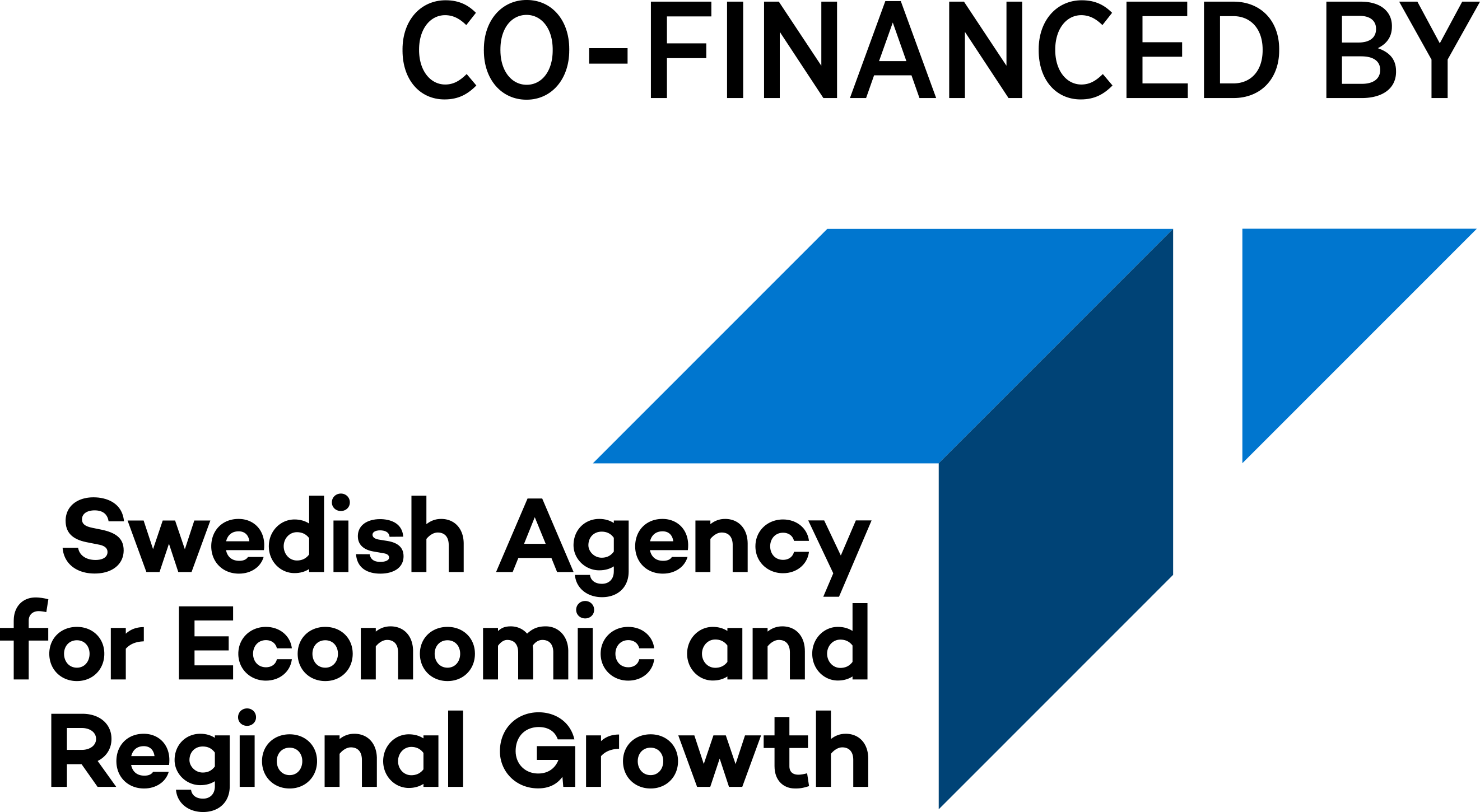Gourav Ghosh
What were you doing before joining Steel for a Fossil Free Future?
I earned my Bachelor's degree in Mechanical Engineering in 2013 and began my career as an Production Support Engineer at Tata Consultancy Services. Over the next 8.5 years, I gained experience across various domains, including machine design, quality control, product lifecycle management, inventory management, vendor management, Lean management, and quality assurance, holding multiple positions of responsibility.
In 2022, I joined IIT Guwahati to pursue a Masters by Research degree in Energy Science and Engineering. My research focused on sustainable energy systems, utilizing agricultural biomass through gasification. Additionally, I explored simulation techniques for the exergoeconomic analysis of advanced energy systems.
What will you be doing as a PhD?
My PhD research aims to investigate the influence of non-ferrous metal oxides in hydrogen-based iron and steelmaking. I will employ experimental techniques such as Thermogravimetric Analysis (TGA) to examine the reduction process and reaction kinetics under varying conditions, including temperature, gas composition, and different iron ore grades.
Additionally, characterization methods like X-ray Diffraction (XRD) and Scanning Electron Microscopy (SEM) will be used to analyze the microscopic properties of the process, offering deeper insights into material behavior. Complementing these studies, melting experiments on the reduced pellets will provide valuable information on the overall impact of non-ferrous metal oxides throughout the entire process.Top of FormBottom of Form
What challenges will your PhD/Post Doc work contribute to solving?
Currently, hydrogen-based steelmaking primarily relies on high-grade iron ores, which are limited in availability. To increase process flexibility, it is essential to understand how non-ferrous metal oxides influence reduction, and melting.
By uncovering the underlying reaction mechanisms, my research will contribute valuable insights into reaction kinetics and potential process optimizations. Ultimately, this knowledge can help green steelmaking match conventional methods in handling a broader range of iron ore grades, leading to better utilization of existing resources.
How can your research contribute to address those challenges?
My reduction studies will provide critical insights into how iron ore composition affects reaction kinetics, swelling behavior, and pore structure, which are key factors in industrial reactor performance.
Additionally, I will use simulation tools such as ThermoCalc, FactSage, and COMSOL to model the reduction process, predicting how different iron ore grades behave under varying temperature and gas compositions. This modeling approach will support the development of more efficient and adaptable hydrogen-based steelmaking processes
The name of my research project is…
Impact of non-ferrous metal oxides in hydrogen-based iron and steelmaking.




